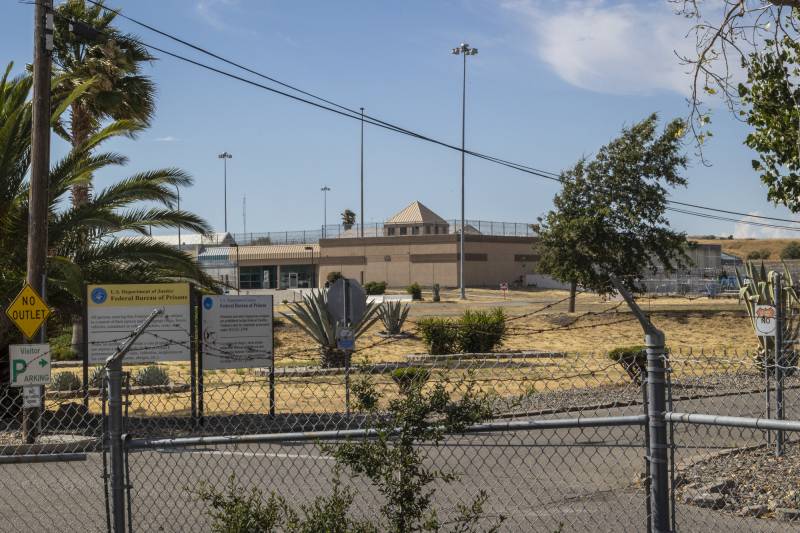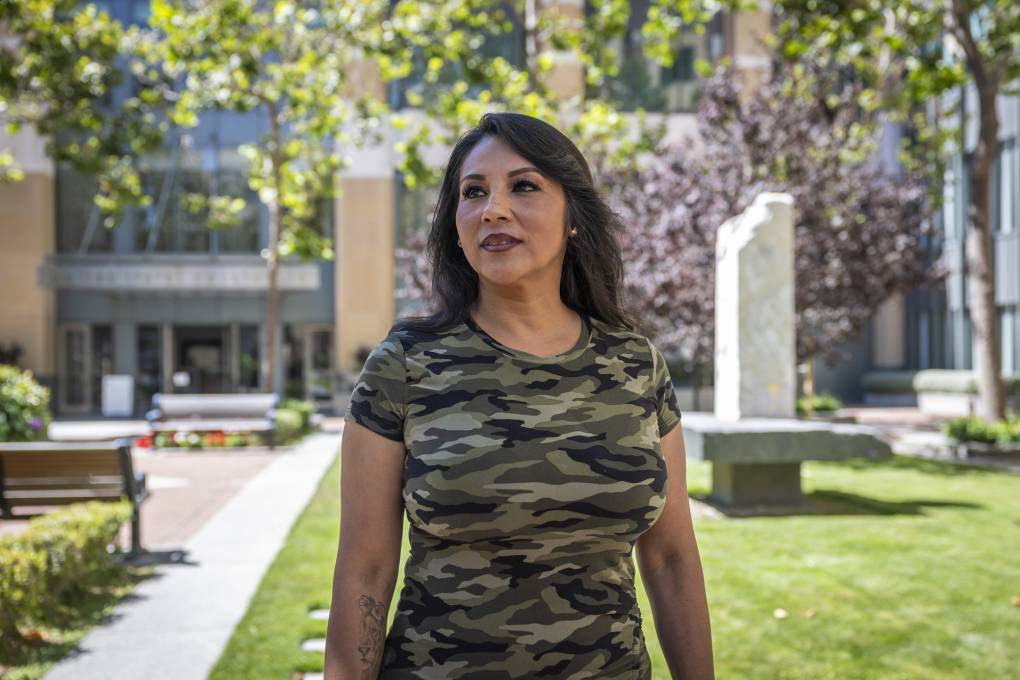A federal judge is hearing testimony this week over an East Bay federal women’s prison where inmates have alleged rampant and ongoing sexual abuse by correctional officers.
U.S. District Judge Yvonne Gonzalez Rogers is now considering whether to appoint a special master to oversee reforms at Federal Correctional Institution Dublin, an all-women’s facility facing more than 45 civil lawsuits over sexual assault and retaliation. Eight correctional officers at FCI Dublin have been charged already, including the facility’s former warden and chaplain.
Survivors of abuse at the prison, along with staff, are expected to testify this week in order for the judge to review whether federal oversight is needed or whether the government has improved conditions at the prison, which has become notoriously known as a “rape club.”
“There was a lot of misconduct, rampant, throughout the institution,” said Erika Quezada, deputy captain FCI Dublin, who is in charge of correctional services at Dublin, testifying on Wednesday about conditions she saw when she started working there in 2022. There was “a lot of ignorance when it came to what policy really was,” and that many staff lacked proper training, she said, because they started during the COVID-19 pandemic when in-person training was suspended.
Quezada claimed that conditions at the facility have improved. “Once the new team of executive staff arrived, we had a meeting internally and discussed exactly what the allegations were,” she told the judge. “We are establishing zero-tolerance from here on out. It’s unacceptable, and every single allegation is going to be sent up.”


